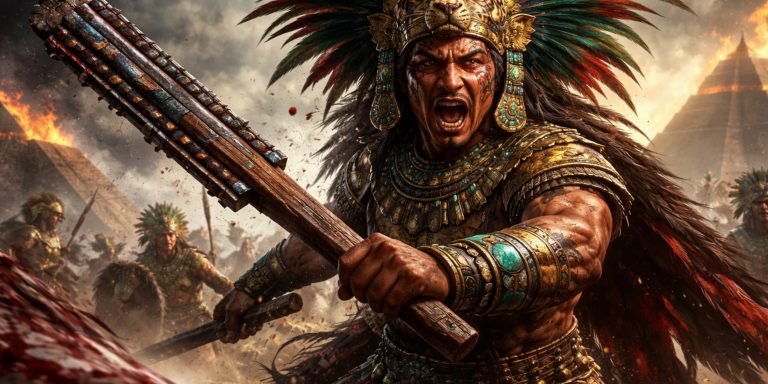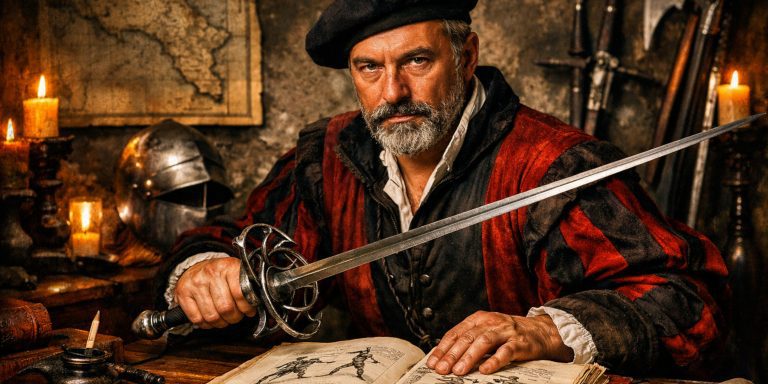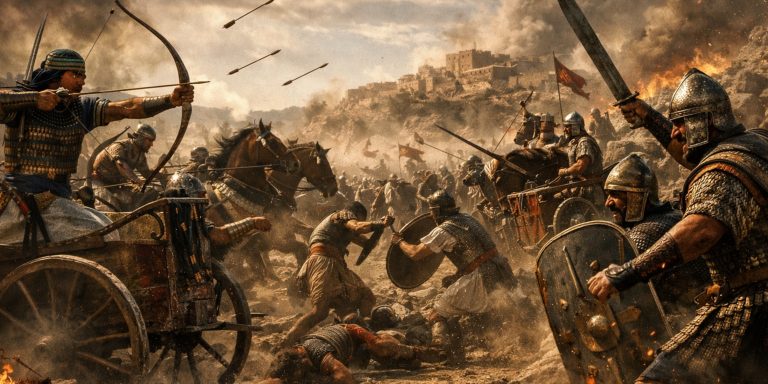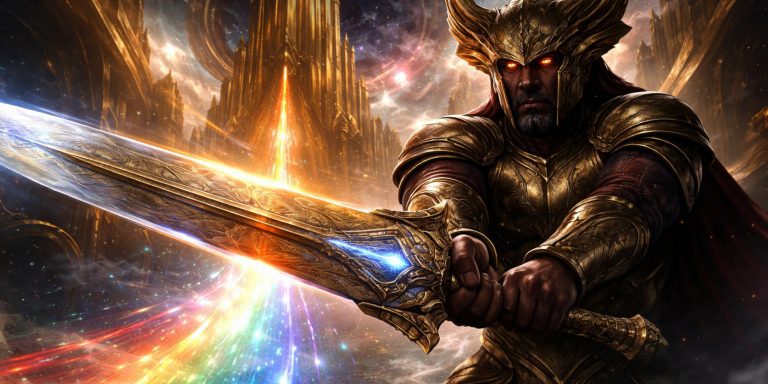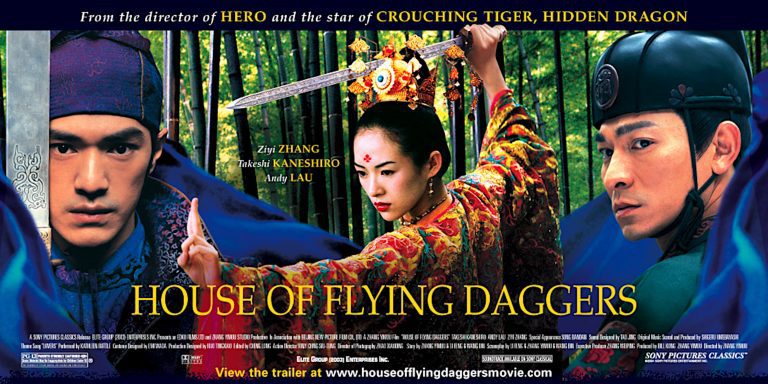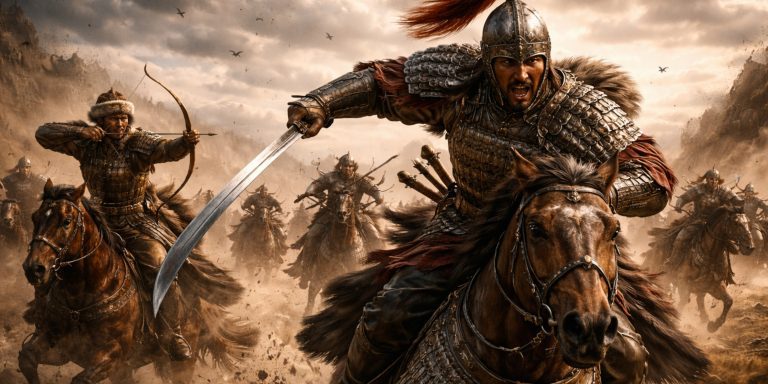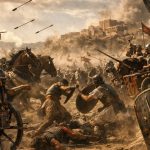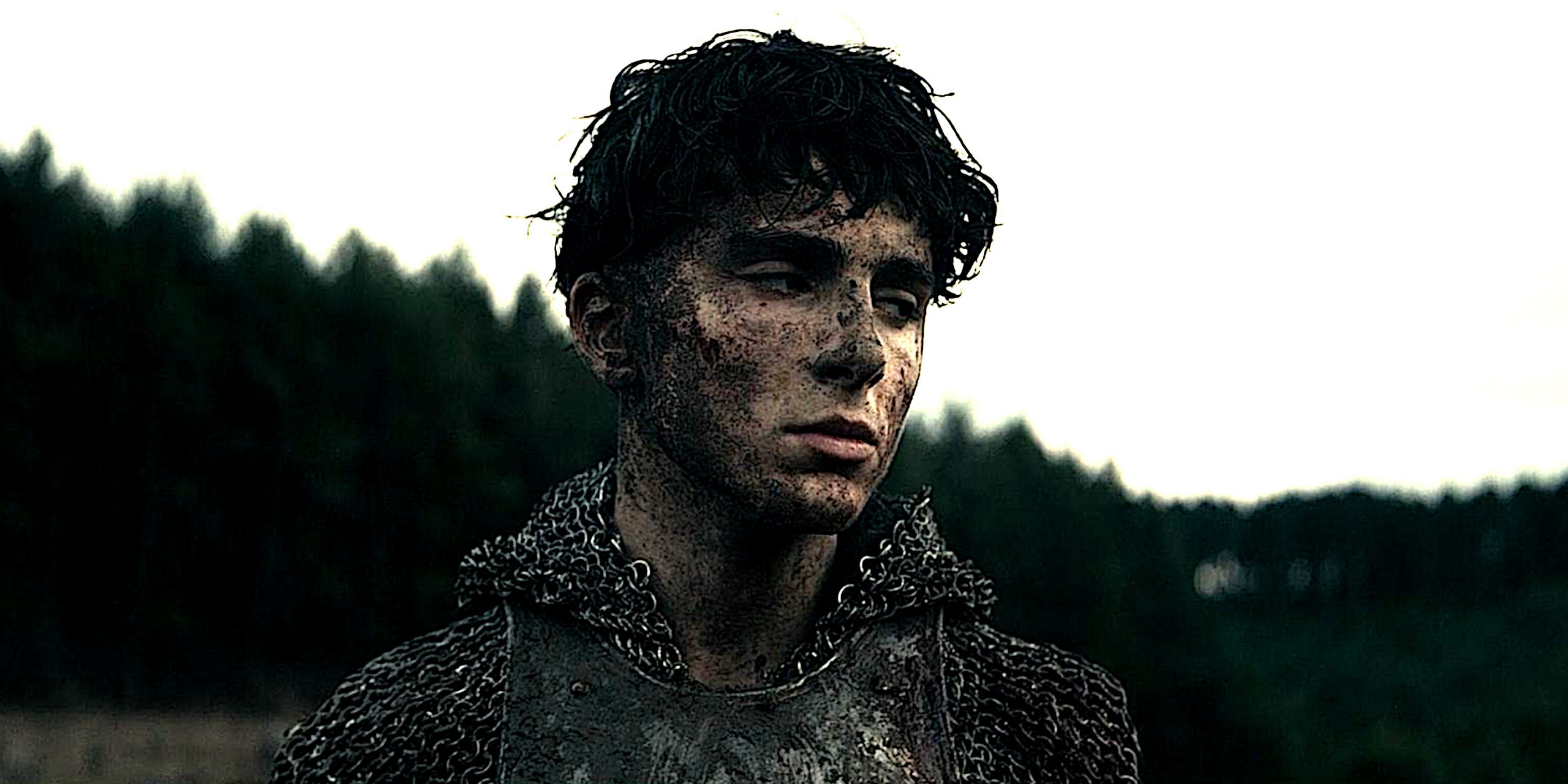
David Michôd’s The King (2019), loosely based on Shakespeare’s Henriad plays and historical accounts of Henry V, has divided audiences since its release. With Timothée Chalamet in the lead and a supporting cast featuring Joel Edgerton, Robert Pattinson, and Sean Harris, the film walks a tightrope between stylised myth and grounded realism. Five years on, it’s worth revisiting whether The King succeeds as serious historical drama or whether it trades too much accuracy for mood.
Performances and Tone

Chalamet’s portrayal of Hal is subdued and internal. Unlike the bombastic leaders of Shakespeare or Laurence Olivier’s stirring patriot, Chalamet’s Henry is burdened and reflective, shaped more by disillusionment than destiny. Some praised this restraint as refreshing, fitting for a modern audience raised on scepticism. Others felt it lacked the fire of a true medieval monarch. Joel Edgerton’s Falstaff was reimagined entirely, merging Shakespeare’s comic rogue with a hardened warrior figure, serving as moral compass and battlefield tactician. Robert Pattinson’s turn as the Dauphin, meanwhile, leaned into theatrical excess, providing the film’s most stylised character.
The tone throughout remains bleak and brooding, with muted palettes and oppressive architecture. The film presents medieval life as claustrophobic, grim, and cynical. While this offers a clear departure from romanticised interpretations, it sometimes tips too far into drab minimalism. The court of England, supposedly the centre of medieval power, often looks and feels like a barren antechamber.
Battle and Spectacle
The centrepiece of The King is its retelling of the Battle of Agincourt. The depiction strips away grandeur and replaces it with mud, exhaustion, and close-quarter brutality. Unlike Kenneth Branagh’s stirring adaptation, Michôd’s version avoids speeches and pageantry in favour of grounded confusion. Arrows are largely absent. Tactics are murky. But the grim slog of the melee captures a different kind of horror: the suffocating weight of armour, the press of bodies, the fight to breathe.
This approach reflects the influence of Game of Thrones and Braveheart more than traditional war epics. The camera sticks close to the ground, often trapping the viewer in the chaos. It is a bold choice, though one that loses some historical nuance. The real Agincourt was defined by English archery and the devastating impact of muddy terrain on the heavily armoured French. Here, we get something more abstract, more cinematic than strategic.
Historical Faithfulness and Artistic Liberty
Historians were quick to point out the film’s deviations. Falstaff was long dead before Agincourt. The Dauphin never fought there. The idea of Henry being manipulated into war by scheming courtiers simplifies a complex political reality. The film even changes Henry’s attitude toward war entirely, recasting him as a reluctant ruler rather than a politically savvy monarch eager to legitimise his rule through conquest.
But The King is not trying to be a documentary. It presents a story shaped by modern sensibilities: power as corrupting, heroism as illusory, and warfare as futile. While it cuts corners on accuracy, it creates a cohesive vision of medieval kingship as moral burden rather than triumph. It’s Shakespeare through a lens of disillusionment.
Direction, Score, and Cinematography
Michôd’s direction keeps the pace measured, often slow. Some critics found this meditative quality to be atmospheric, while others saw it as plodding. Nicholas Britell’s score adds gravity, with ominous strings and choral undertones that enhance the sense of dread. Cinematographer Adam Arkapaw frames the world in greys and browns, using candlelight and shadow to stress the physical and emotional weight pressing on the characters.
This subdued aesthetic suits the narrative, but it also limits variation. There are few moments of visual release. The coronation, the battlefield, the throne room: all are soaked in the same palette of restraint.
Legacy and Reassessment
In retrospect, The King offers an ambitious take on a well-worn subject. Its departure from Shakespearean dialogue, focus on personal isolation, and rejection of heroic tropes place it closer to existential drama than conventional historical epic. It is a film that tries to humanise power rather than glorify it.
It may not fully satisfy historians or lovers of the play, but it brings something of value: a meditation on monarchy, responsibility, and the emptiness of war. Its faults lie less in what it chooses to show, and more in what it omits. But its commitment to a single mood and worldview gives it a coherence that many historical dramas lack.
It is not the definitive Henry V, but it remains a striking one.
Watch the trailer:

